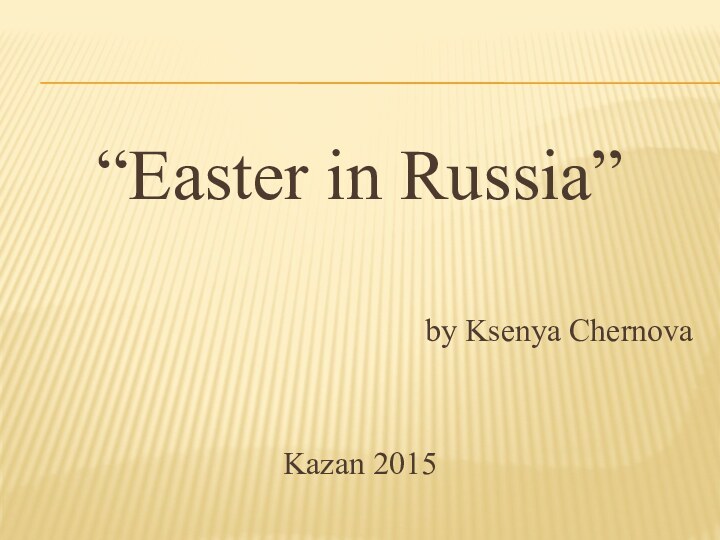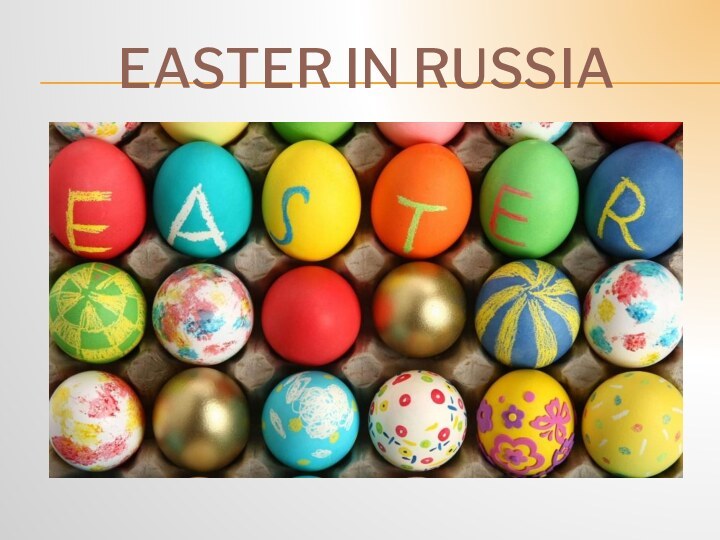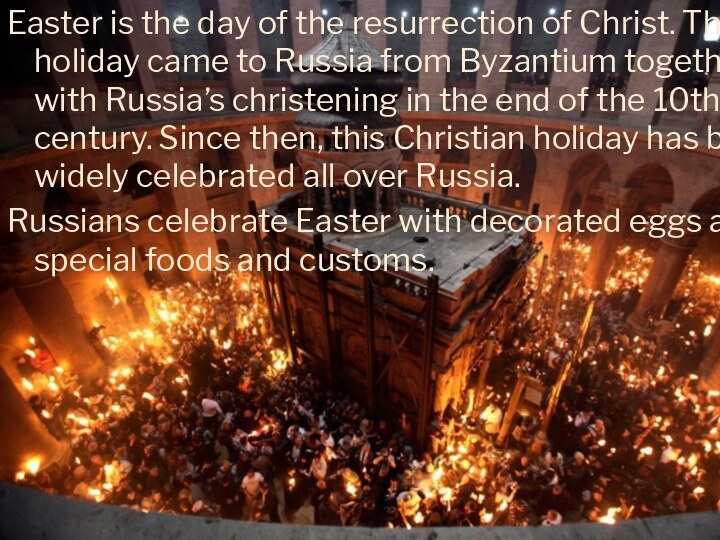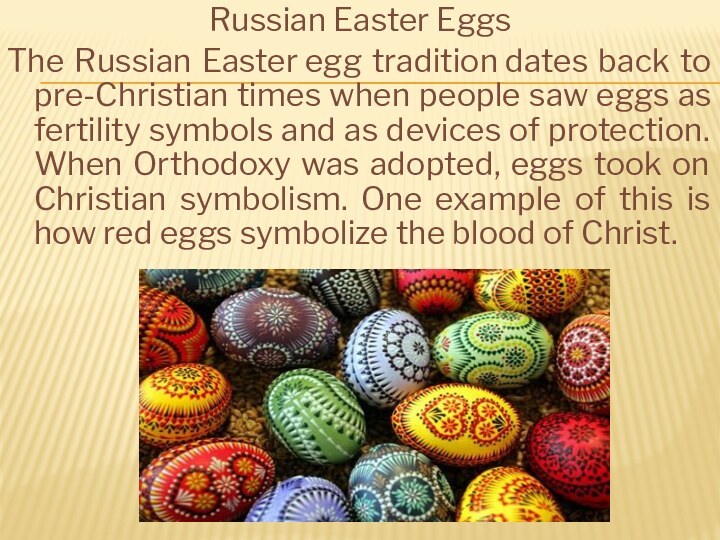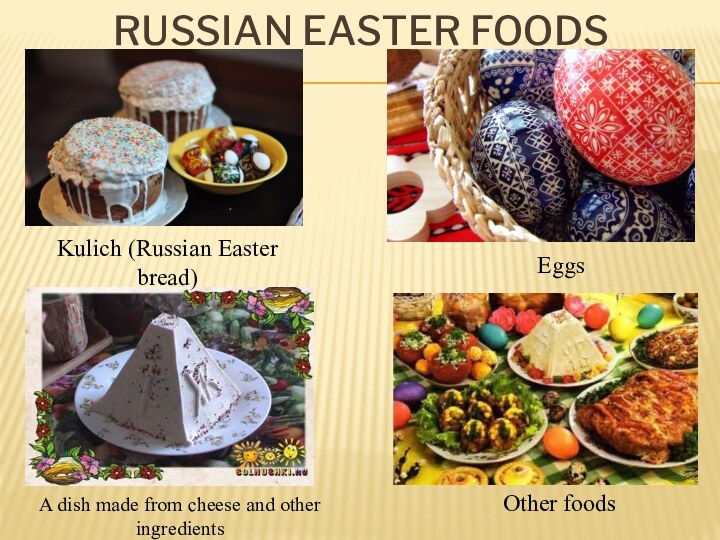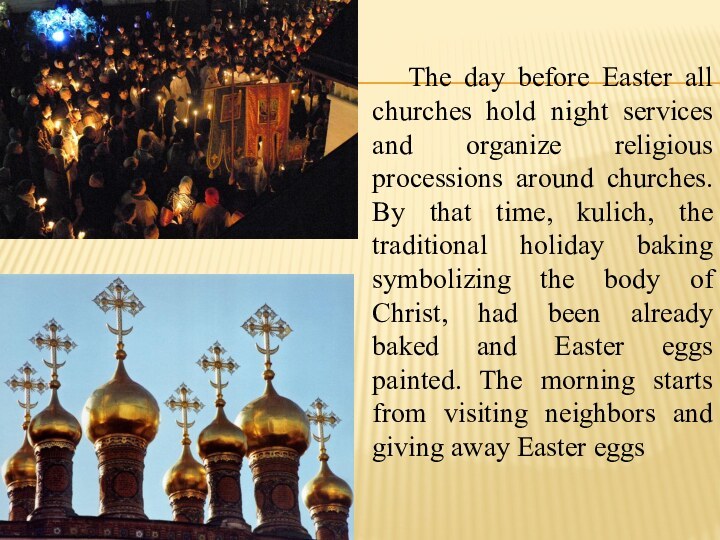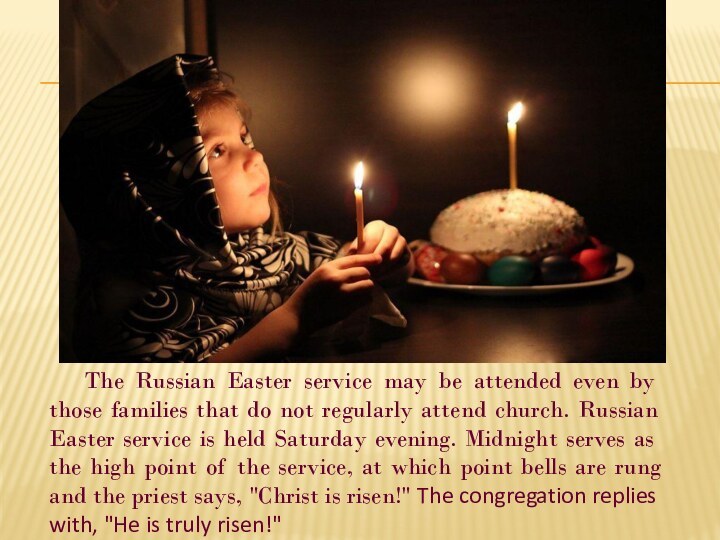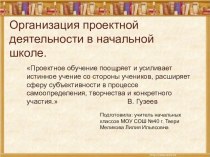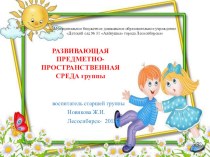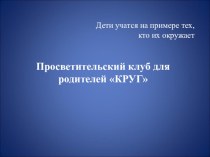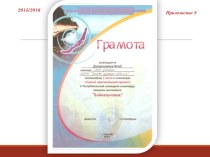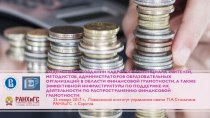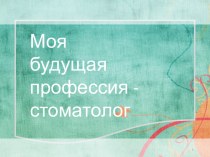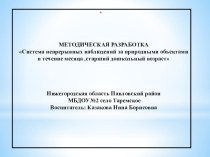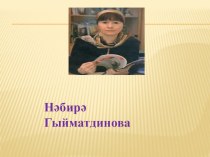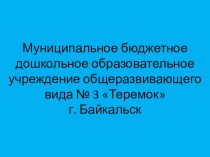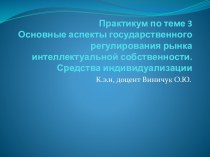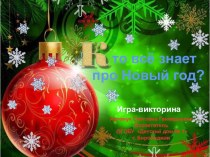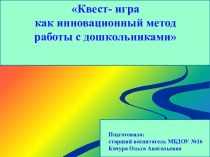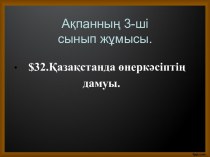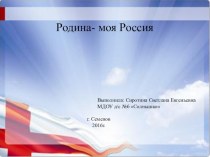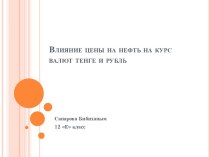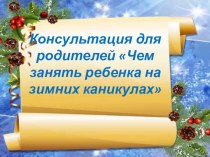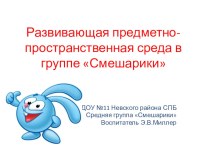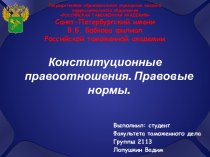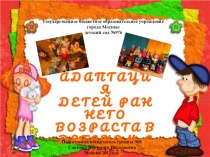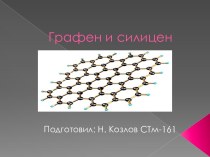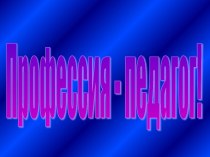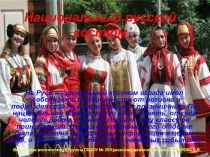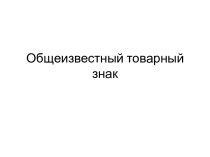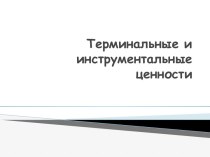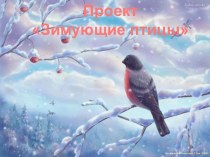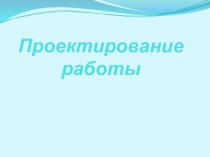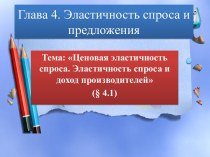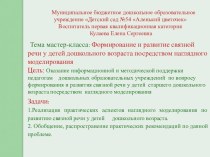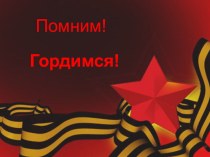Слайд 3
Easter is the day of the resurrection of Christ.
The holiday came to Russia from Byzantium together with
Russia’s christening in the end of the 10th century. Since then, this Christian holiday has been widely celebrated all over Russia.
Russians celebrate Easter with decorated eggs and special foods and customs.
Слайд 4
Russian Easter Eggs
The Russian Easter egg tradition dates back to
pre-Christian times when people saw eggs as fertility symbols
and as devices of protection. When Orthodoxy was adopted, eggs took on Christian symbolism. One example of this is how red eggs symbolize the blood of Christ.
Слайд 5
Russian Easter Foods
Kulich (Russian Easter bread)
Eggs
A dish made
from cheese and other ingredients
Other foods
Слайд 6
The day before Easter all churches hold night
services and organize religious processions around churches. By that
time, kulich, the traditional holiday baking symbolizing the body of Christ, had been already baked and Easter eggs painted. The morning starts from visiting neighbors and giving away Easter eggs
Слайд 7
The Russian Easter service may be attended even
by those families that do not regularly attend church.
Russian Easter service is held Saturday evening. Midnight serves as the high point of the service, at which point bells are rung and the priest says, "Christ is risen!" The congregation replies with, "He is truly risen!"
